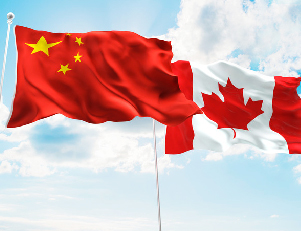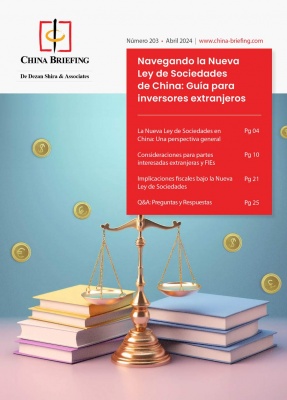State Council Issues Guidelines for Establishing Foreign-Invested Partnerships
Dec. 11 – China’s State Council has finally issued its long awaited guidelines on foreign-invested partnerships, under State Council Order (2009) No. 567. The measures, which also apply to companies and individuals from Hong Kong, Macau and Taiwan, permit foreign companies or individuals to establish FIPs in China either by themselves, or in partnerships with Chinese nationals, beginning March 1, 2010.
The Chinese government will encourage foreign investment in particular from entities or individuals possessing advanced technology and management experience. Details of the measures are as follows:
Structure
FIPs may be established by two or more foreign companies or individuals (a wholly foreign-owned FIP) or one or more foreign companies or individuals may establish a partnership with one or more Chinese company or individuals (Sino-foreign FIP). A domestic partnership enterprise may be converted into an FIP through admission of a foreign partner.
Governing law
FIPs will be governed by the Partnership Law of 2007 and shall follow pertinent industry investment policies, such as the foreign investment catalogue.
Capital contributions
Capital may be contributed by foreign capital injection or legally acquired RMB.
Registration
Foreign companies or individuals may assign an agent to register an FIP at local branches of the State Administration of Industry and Commerce. The FIP shall inform the local SAIC of any subsequent changes to the partnership structure of the FIP.
These measures now open another avenue for foreign direct investment into China, and join the list of applicable business structures. Previously, partnerships were restricted to domestic individuals and entities registered in China. Foreign investors may now consider using FIPs as an investment vehicle into China along with WFOE’s and Sino-foreign joint ventures.
Richard Hoffmann is a senior legal associate with Dezan Shira & Associates and is based in Beijing. The firm has nine offices in mainland China and has been operating in Asia since 1992. Please contact Richard for advice on corporate establishment, contractual, or due diligence issues within China.
- Previous Article International Business Groups Urge China to Cancel Procurement Policy
- Next Article New Regulations Released on Travel Industry Ads
























